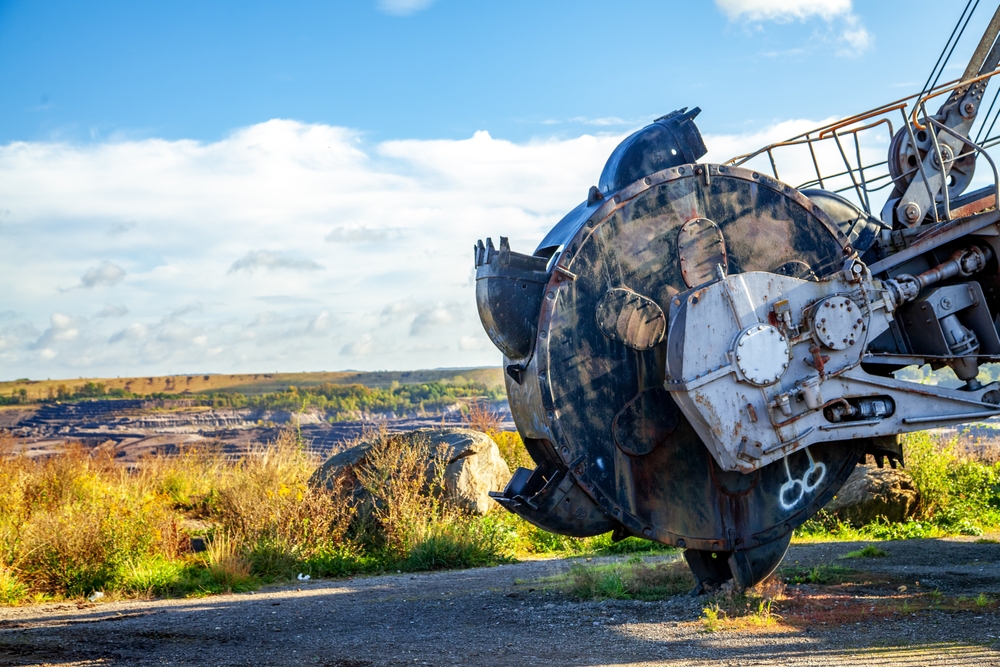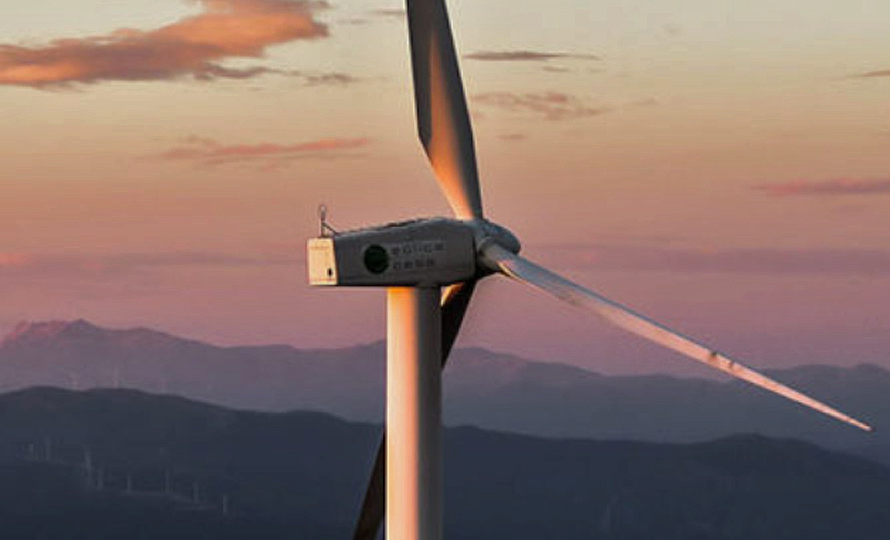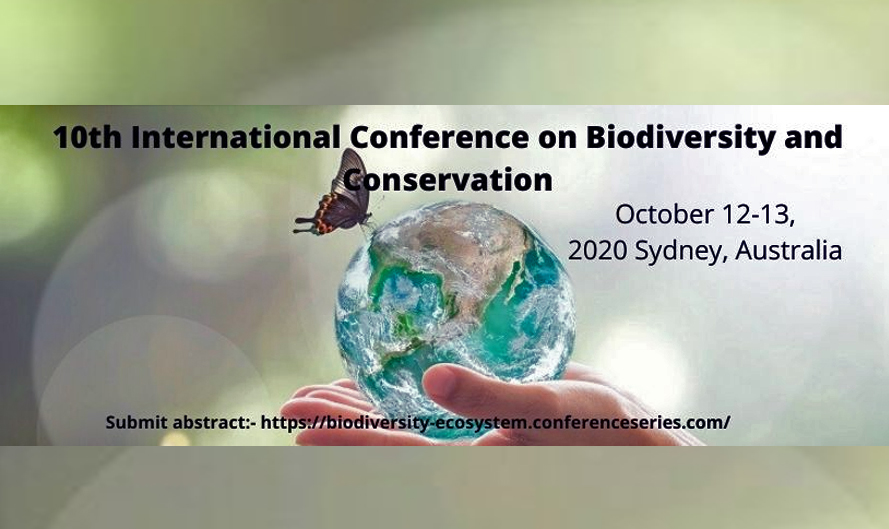
The Federal Government’s Climate Change Bill 2022 has passed the House of Representatives and will enshrine into law an emissions reduction target of 43 per cent from 2005 levels by 2030 and net zero emissions by 2050.
The Bill also ensures accountability through an annual update to Parliament by the Climate Change Minister on the progress being made towards the target and empowers the Climate Change Authority to provide advice to Government on future targets.
Prime Minister Anthony Albanese said the Bill records the Government’s ambition to take the country forward on climate action.
“It will help open the way for new jobs, new industries, new technologies and a new era of prosperity for Australian manufacturing,” he said.
Climate Change and Energy Minister Chris Bowen said: “As we said in the Nationally Determined Contribution to the UNFCCC, we expect that with government, business and the community all pulling in one direction, our emissions reduction can be even greater.”
Minerals Council of Australia Chief Executive Officer Tania Constable said the Bill provides certainty for Australia’s industries.
“The mining industry recognises the need to reduce emissions globally, nationally and at the sites and facilities driving Australia’s resources industry.”
However, she said, achievement of both the 2030 target and the 2050 net zero target will require close consultation and collaboration with all stakeholders.
“Federal, state and territory governments need to develop more consistent approaches to climate and energy policy if the country is to transition to net zero in an orderly manner.
“It is vital that as the country seeks to achieve these challenging targets, that Australia’s export industries continue to thrive and remain internationally competitive.
“Mining supports the escalation of renewable energy into the Australian electricity sector to reduce the emissions intensity of our electricity.
“Mining is investing heavily in R&D and new low emissions technology development and deployment. Many such technologies relevant for mining are at various stages of readiness and maturity.”
Ms Constable said the transition must be managed in a manner which reflects technology readiness and cost.
“We can’t have policy reform that drives businesses to reduced production or closure due to an inability to compete with competitor countries who are not implementing strict emissions constraints on their export industries.
“This would just shift emissions overseas to jurisdictions without strict emissions requirements. It would be neither sustainable nor real emissions reduction.
“The objective must be to develop the policy reforms in a manner which keeps our industries strong and sustainably puts us on a course of emissions reduction through the development and deployment of low emissions technologies and processes.
“The pathway will not be linear for all industries but great progress is being made across mining,” she said.
The Bill will now proceed to the Senate to be debated in upcoming sitting weeks.












